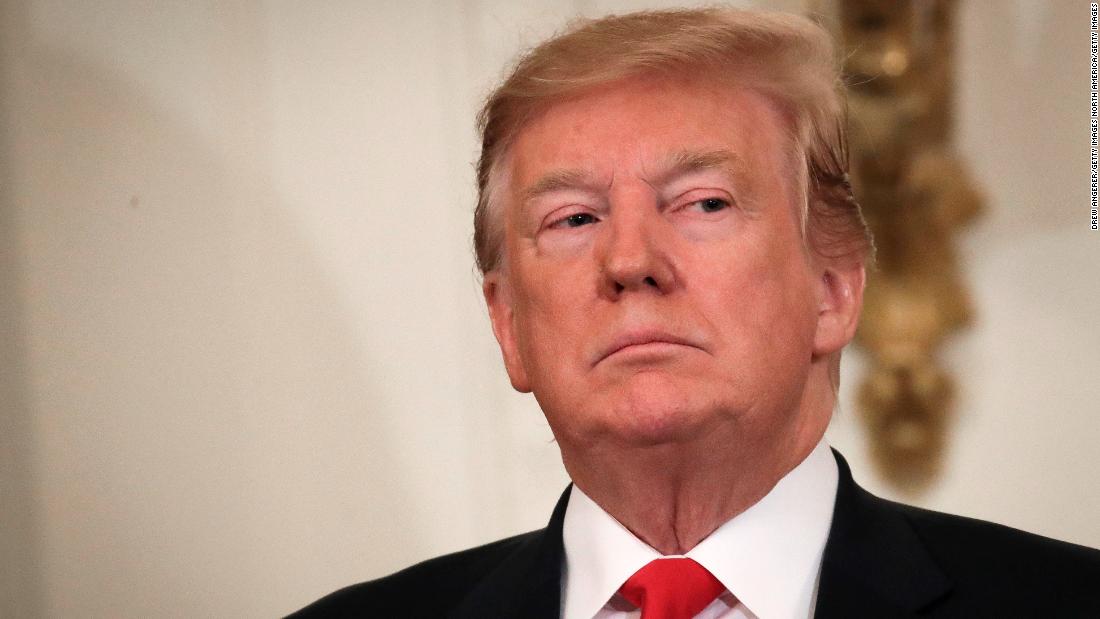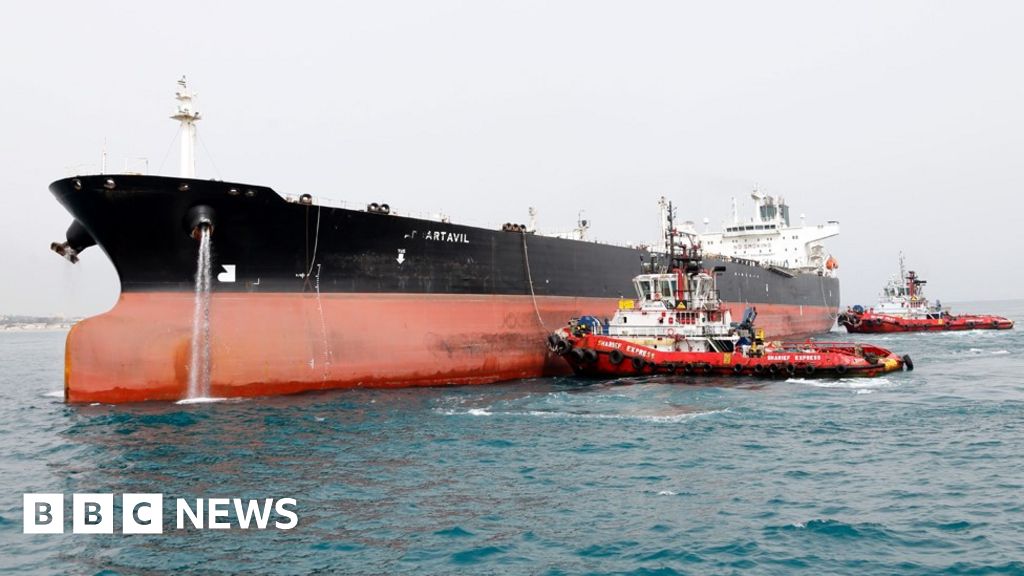COLOMBO, Sri Lanka — The confidential security memo laid it all out: names, addresses, phone numbers, even the times in the middle of the night that one suspect would visit his wife.
In the days leading up to the devastating suicide attacks that killed nearly 300 people in Sri Lanka on Easter Sunday, the country’s security agencies had been closely watching a secretive cell of the National Thowheeth Jama’ath, a little-known radical Islamist organization that security officials in Sri Lanka now say carried out the attacks.
The security agencies had even been given specific intelligence on April 11 that the group, also known by the spelling National Thowheed Jama’ath, was planning to bomb Catholic churches. India appeared to have shared warnings with them about the group more than a week before then. And Sri Lankan security officials knew as far back as January that radical Islamists in the country, possibly tied to the group, had stockpiled weapons and detonators.
Within hours of when three churches and three hotels were bombed, Sri Lankan security services seized at least 24 suspects, implying that they knew exactly where this group had been operating and were quickly able to locate its safe houses.
Why the security agencies failed to act before the bombings — and why some top officials, including the country’s own prime minister, didn’t even know about the intelligence that the agencies possessed — are enormous questions that have created a crisis in the Sri Lankan government.
Its history of bitter infighting appears to have contributed to a spectacular security blunder that led to one of the world’s deadliest terrorist attacks.

On Monday, several ministers lashed out at President Maithripala Sirisena, who controls the security services, for not acting on the detailed warnings before the attacks.
“We are ashamed of what has happened,” said Rauff Hakeem, the justice minister. “If the names of the persons involved were already known, why were they not arrested?”
He called the attacks a “colossal failure on the part of the intelligence services.”
Several ministers are now calling for the national police chief to resign.

Shiral Lakthilaka, a senior adviser to President Sirisena, denied that there had been any security lapses. “Everyone has done their job,” he said. “These kinds of alerts are coming time to time. Even U.S. or anyone will not try to panic people.”
But he added that the president had appointed a special committee, led by a Supreme Court judge, to investigate the matter. And he acknowledged that the warnings about National Thowheeth Jama’ath — disclosed in a leaked memo from a top police official to division heads and dated April 11 — had been circulated only among police officials in charge of “VIP security.”
“That is why the president has appointed the committee to understand and ascertain what went wrong,” Mr. Lakthilaka said.
The warnings appear to have gone back even further. India, a close ally of Sri Lanka’s, has been watching the entire South Asia region for any sign of activity by Al Qaeda or the Islamic State. Indian security agencies shared specific intelligence about National Thowheeth Jama’ath and the possibility of suicide attacks with their Sri Lankan counterparts as early as April 4, two officials said.
But with Sri Lanka’s president and prime minister feuding for months, resulting in a political breakdown last year, it seems the president shut out the prime minister from top security briefings and that the prime minister’s office had no inkling of the warnings of imminent suicide attacks.
On Monday, the country remained on edge. At a crowded bus station in the capital, Colombo, police officers found 87 bomb detonators.
As mourners hung white flags around their houses and prepared to bury their dead, Mr. Sirisena declared a conditional state of emergency that gave the security services sweeping powers to arrest, interrogate, search and seize.
A dusk-to-dawn curfew remained in effect. Schools were closed. So were many shops. Traffic on the main roads remained light, and tourists who visit this tropical island at this time of year were canceling hotel bookings.
The National Thowheeth Jama’ath group emerged around 2015 in the aftermath of attacks against Muslims. A majority Buddhist nation, Sri Lanka has been mostly spared the religious-driven bloodshed of other South Asian nations, such as India and Pakistan.
But in recent years some Buddhist monks have turned militant and incited followers to attack Muslims, their places of worship and some of their businesses, such as slaughterhouses. The Sri Lankan government’s security services appeared to have turned a blind eye, allowing Buddhist mobs to act with impunity.
In 2014, scores were injured and three people were killed in Buddhist-Muslim clashes. In response, some Muslims joined radical Islamist groups that they believed would defend their faith.
According to the April 11 security memo, National Thowheeth Jama’ath’s leader, Mohammed Zaharan, had been under close watch for several days. Sri Lankan security officials have blamed his group or allied groups for vandalizing Buddhist statues in December, a serious crime that was seen as an attempt to instigate bloodshed between Buddhists and Muslims.
But in January, Sri Lankan officials said that evidence had emerged revealing that homegrown Islamist groups were even more dangerous. Investigations connected to the statue destruction led police officials to a farm in northwestern Sri Lanka where officers discovered a weapons cache with more than 100 kilograms of explosives, detonators, wire cords, a rifle, bullets, dry rations and religious propaganda.
Sri Lankan officials have since said that the cache belonged to a radical Islamist group, probably one connected to National Thowheeth Jama’ath. But several security specialists said it was unlikely that National Thowheeth Jama’ath members could have carried out the bombings on their own.
The group had never attempted such a devastating, coordinated attack, with numerous suicide bombers striking different places nearly simultaneously.
“The target selection and attack type make me very skeptical that this was carried out by a local group without any outside involvement,” said Amarnath Amarasingam, a specialist in Sri Lankan extremism at the Institute for Strategic Dialogue, a counterterrorism research group in London. “There’s no reason for local extremist groups to attack churches, and little reason to attack tourists.”
https://www.nytimes.com/2019/04/22/world/asia/ntj-warning-sri-lanka-government.html
2019-04-22 16:16:00Z
52780273201173




